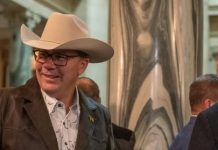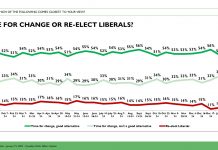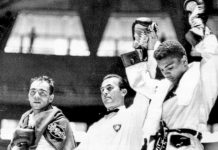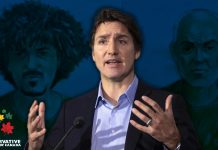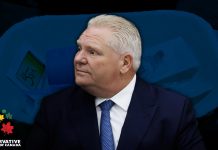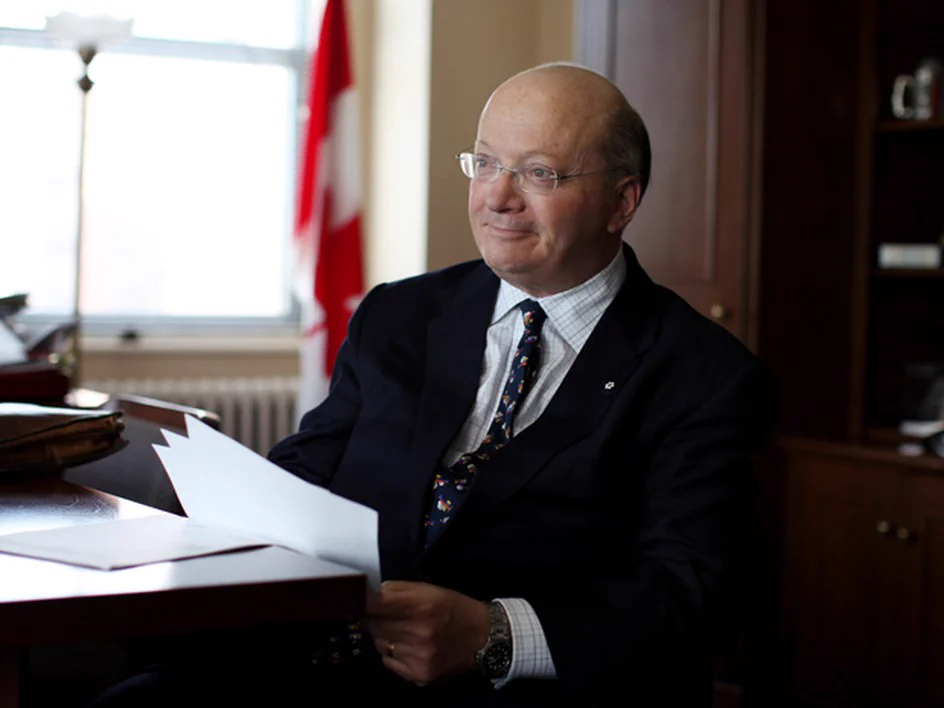It’s the values, stupid.
Mark McQueen
There’s no better way to capture Hugh Segal’s philosophy, his values-based commitment to Canada, and the public policy issues that mattered to him than the title of his 1996 memoir, “No Surrender.” Energetic. Defiant. Noble.
In the days that have followed his passing last week, one can’t help but be reflective. I’ll save my raft of his lessons and our PMO war stories for my own memoir some day, as a blog wouldn’t do any of them justice. The dominant theme I keep returning to is a pretty basic encapsulation of the impact he has had on all who knew him. It’s not a list of accomplishments or accolades, like the stat line of some famous hockey player, but a simple moniker: Role Model.
If you know anything about Hugh’s early years, it would have been so easy for him to have chosen a different path. To be a “winner” at the expense of principle. To have wealth without fulfillment. Time and time and time again, he refused to take the easy road. I don’t think he was ever even just-a-little-bit-tempted, despite the hard “slog” that he knew was sure to come.
As a Montrealer joining his first political party. As a student yearning for higher education. As a young political candidate in search of a suitable Federal riding. As a business leader who was called upon by his Prime Minister to come to Ottawa at great personal financial cost to he and his family. As a PC leadership candidate saddled with a large campaign debt. As a Senator whose talents weren’t being capitalized upon. As an educator expected to follow certain stuffy traditions. As a public policy voice, advocating for those without one.
It’s understood that Hugh was drawn to John Diefenbaker’s version of “the Conservative Party as a populist instrument for all those folks who fell outside the mainstream to find a way into the mainstream, whether they were fishers in the maritimes, small family farmers in eastern Ontario or the prairies, or small businesspeople struggling against the elites.” There was more to it than that, I think, as Hugh would have been very comfortable sitting in the Cabinet of either Disraeli or Churchill. He was a Tory, first and foremost.
Which is why I’ve always been perplexed by the fact that some self-described “right wing” Conservatives seemed threatened by Hugh’s compassion for others, as though he didn’t share their traditional values about financial discipline, the rule of law, personal honour and a strong military.
Hugh understood the limitations of government, and that Ottawa’s “spending power…may have been the worst instrument at [any government’s] disposal.”
That Hugh never rejected the Red Tory label made sense, given his very public connections to people such as Rev. David MacDonald, Robert Stanfield and Bill Davis. Labels, though, are what others apply when they need to boil us all down for simplicity; this isn’t a criticism — I understand the attraction of the “us versus them” political environment, even within mainstream political parties. Hugh wanted to make the world a better place for folks who, like himself, knew (from birth in his case) what it was like to have to decide on which bills to pay each week: “the rent, the butcher or the druggist, because you sure couldn’t cover all three.”
That perspective sounds pretty relevant to Canadians today.
He was certainly partisan, and has been very critical of the Liberal Party of the 1960s and 1970s in his writings. And yet, he was just as likely to be asked to serve his country by Liberals as he was Conservatives. It was former Prime Minister Paul Martin who appointed him to the Senate of Canada, after all. In today’s charged North American political environment, working with folks from across the aisle is seen as evidence of disloyalty to your Party. For Hugh, he put the cause ahead of the brand. As a guy who once nominated a former Grit staffer for membership in The Albany Club of Toronto, I clearly got the memo.
You need look no further than how Hugh navigated the merged Conservative Party, some 20 years ago. Once Stephen Harper became Leader, Hugh’s former roommate (and mentor to many of us) Senator Norman Atkins decided to continue to sit as a Progressive Conservative; Senator Segal, though, was sufficiently comfortable with the Reform branch of the new party to caucus with the CPC. There’s a lesson there: if you stick to your values, the labels aren’t as important. Leaders come and go; Parties rise and fall. You are who you are, provided that you’re confident enough to be that person.
To embrace your heritage. To laugh at yourself. To have opinions, even if they aren’t popular. To be courageous. To accept your own shortcomings. To not confuse opposing views with hatred. To never give up.
Hugh was authentic before it was cool.
Over the last few days, I’ve wondered what his life arc would have been like had he taken his father’s advice and become a Liberal. Hugh would have won a seat in the Ottawa area in 1972 and invariably been a Liberal MP & Cabinet Minister for many years, if not Leader, Premier or PM. Would he have been able to advance some of his key policies from a different perch? Perhaps. Would it have been the easier road to hoe? More than likely. That said, do I think he’d make different life choices today, if given the chance? No way in Hell.
“The warrior doesn’t think about winning or losing, only about whether the battle is right and whether the there is any other place he would rather be or should be.” HDS, No Surrender, 1996
Having had the great fortune of knowing Hugh since 1972, I feel I can say with authority that his combination of intellect, upbringing, determination, commitment, service, passion, patience and love for his family & friends was unique in our country.
We all could do well to be more like him. Just start by being more generous, in all of the manifestations of the word, and the rest will follow naturally.
The hole that his passing will leave in the lives of his wife, Donna, and daughter, Jacqueline, is incalculable. And it’s only minor solace for them to know that Hugh positively touched the lives of hundreds of thousands of us, as none of us can replace him. That he was a role model for so many, in such a broad range of careers and callings, gives me confidence that his values will live on through his army of “Happy Warriors.”
Few can say that they had such an impact.

Mark McQueen: Funder of growth companies + public service roles. Pearl Jammer. Opinions are my own; Not investment advice. Toronto, Ontario, Canada. Check out my Substack at https://markmcqueen.substack.com/








